
Christian faith was integral to so many classic authors' writings. Deep and abiding faith can be seen in writers of both poetry and prose, and this list includes just a few of them. We hope it will inspire you to appreciate the writings of these authors to an even greater extend or maybe to pick up their works for the very first time!
Although some may think that it is difficult to connect with authors and writings from previous centuries, perhaps the connection of shared faith may serve to bridge that gap and help you see these writers in new ways. The famous Christian father Augustine said that "All truth is God's truth," and while the works of these authors are fiction, it holds true that we can glean insights into God's character, faith, and human nature by reading their portrayal of these things. We hope you enjoy reading this list.
Main image credit: ©Chris Bair/Unsplash
1. Jane Austen
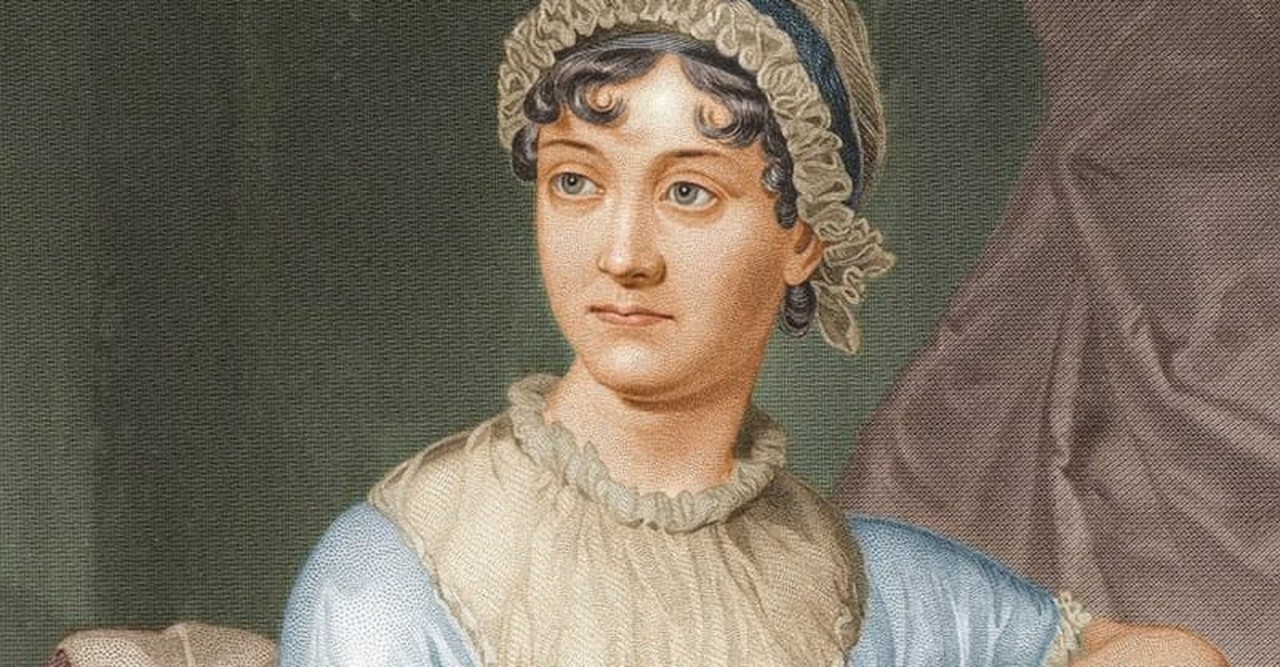
1. Jane Austen
SLIDE 1 OF 10
Jane Austen (1775-1817) is well-known for writing Pride and Prejudice, but she also wrote five other novels and several other stories. Contrary to the surface understanding of her novels as being in the romance genre and only enjoyable by women, they are actually thought-provoking, honest, and often witty depictions of everyday life in the eighteenth and early nineteenth centuries.
Austen critiques the failings and blindsides of the Church, class, gender roles, and society in general, while still maintaining a reverence for the true and beautiful.
In her personal life, Austen was the daughter of a clergyman, and her two brothers were also clergymen. Through her letters, we can conclude that her faith played a central role in her life.
She is credited as writing, "Incline us oh God! to think humbly of ourselves, to be severe only in the examination of our own conduct, to consider our fellow-creatures with kindness, and to judge of all they say and do with that charity which we would desire from them ourselves.”
Photo courtesy: Wikimedia Commons
2. G. K. Chesterton
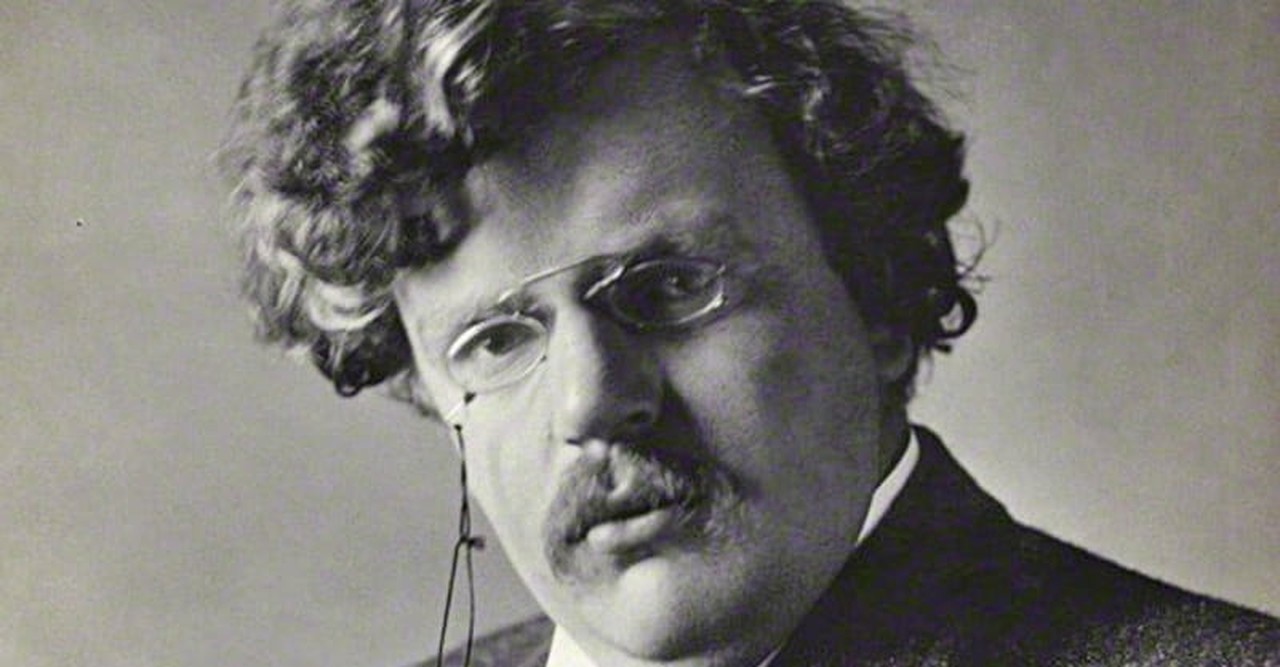
2. G. K. Chesterton
SLIDE 2 OF 10
G. K. Chesterton (1874-1936) was always concerned with his faith and questions of theology. He was raised a Protestant, but later converted to Catholicism, stating, that it was the only denomination that "dared to go down with me into the depths of myself."
Chesterton, however, is beloved by Protestants and Catholics alike and has contributed much to Christian literature, both fiction and nonfiction. One of his most famous works is the apologetic work The Everlasting Man.
One scholar has noted concerning Chesterton, "But on the whole, there has not been a more articulate champion of classic Christianity, virtue, and decency."
Photo courtesy: Wikimedia Commons
3. Jonathan Swift
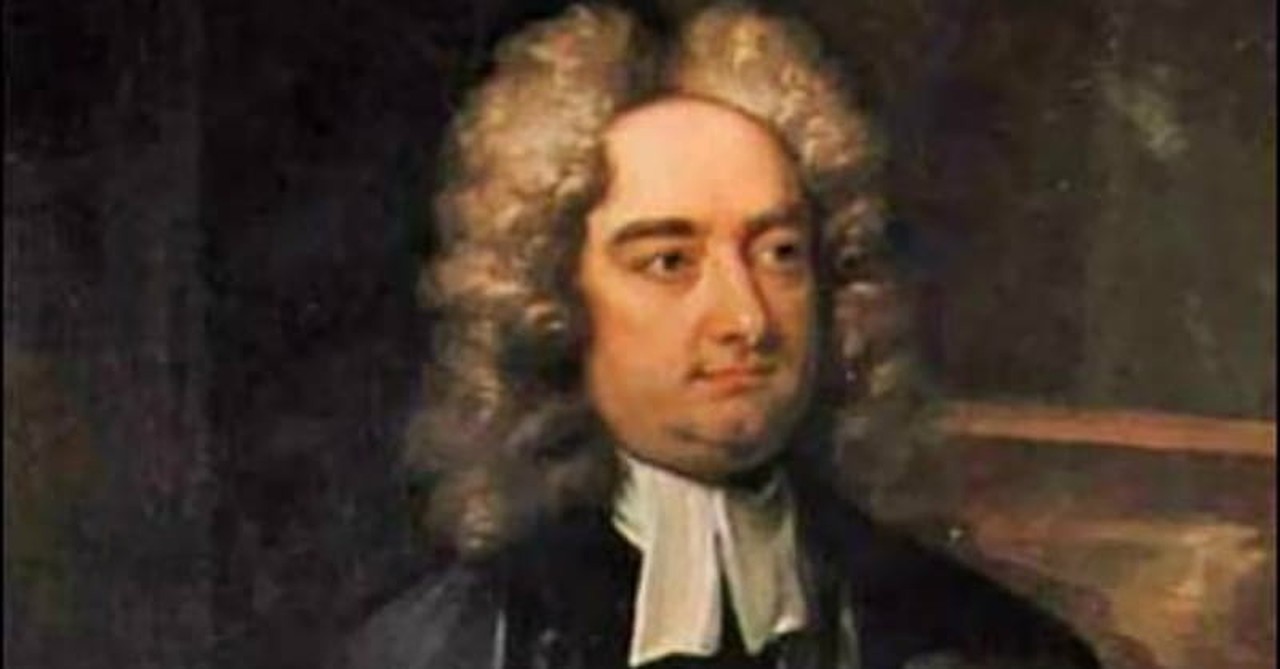
3. Jonathan Swift
SLIDE 3 OF 10
Some may wonder why Jonathan Swift (1667-1745), the famed satirist and author of Gulliver's Travels would make it onto a list of classic Christian authors. Well, the truth is that through his satire, Swift was pointing out the flaws of his society and hoping to point back to true biblical standards of Christian living.
He even wrote a piece titled An Argument Against Abolishing Christianity, in which he addresses the objections against Christianity brought up in his day. Even in this piece, Swift uses irony, satire and wit to steer his audience into accepting his points.
Gulliver's Travels, his most famous work, is also a satire, and, at its core, highlights the flaws of human nature.
Photo courtesy: Wikimedia Commons
4. John Bunyan
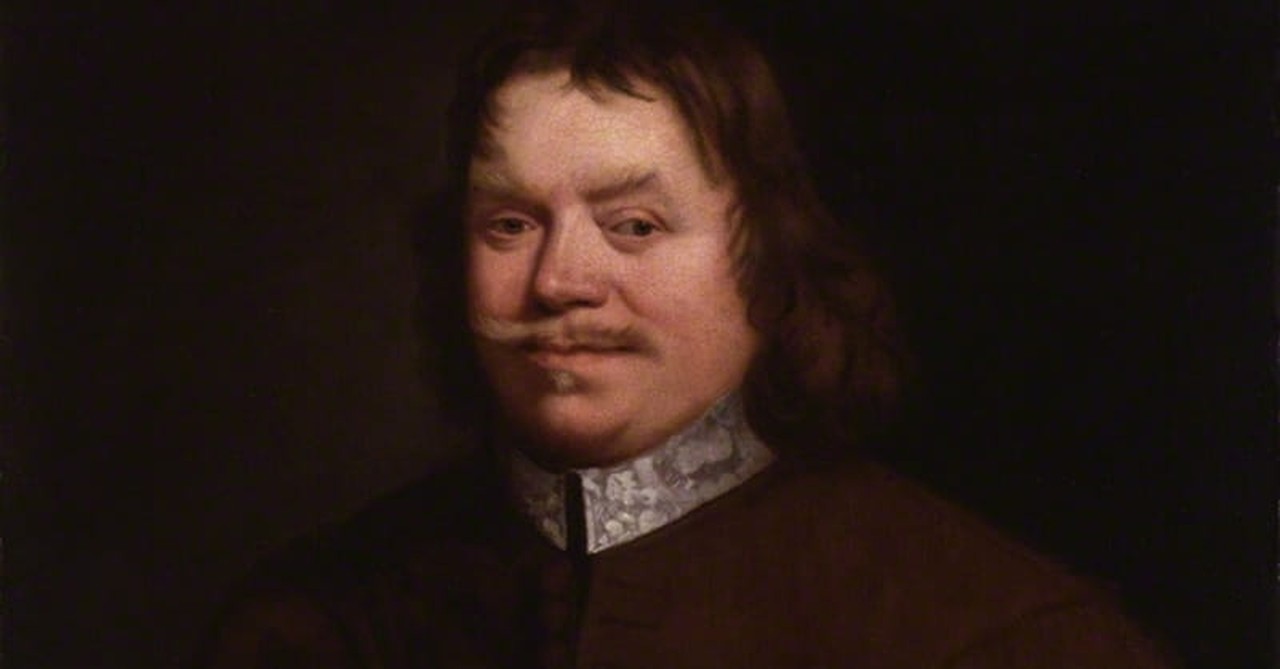
4. John Bunyan
SLIDE 4 OF 10
John Bunyan (1628-1688) was the author of the famous work The Pilgrim's Progress, with which many may already be familiar. The Pilgrim's Progress is an allegory for the Christian life. The main character, Christian, has to go through various trials before he can reach the Celestial City.
What you may not know is that Bunyan began writing The Pilgrim's Progress while he was in prison for defying English laws of the day that prohibited anyone from holding religious services outside of the Church of England.
Bunyan was a Puritan preacher with a faith that was so real and true to him that no law could silence him.
Photo courtesy: Wikimedia Commons
5. Madeleine L'Engle

5. Madeleine L'Engle
SLIDE 5 OF 10
Madeliene L'Engle was the author of the beloved children's book A Wrinkle in Time. She also wrote Walking on Water which is part autobiography, part writer's guide and part discourse on the power of faith and the imagination.
In that book she wrote, “In a very real sense not one of us is qualified, but it seems that God continually chooses the most unqualified to do his work, to bear his glory. If we are qualified, we tend to think that we have done the job ourselves. If we are forced to accept our evident lack of qualification, then there's no danger that we will confuse God's work with our own, or God's glory with our own.”
L'Engle was an Episcopalian with some unorthodox beliefs, but her works continue to point to an ultimate Creator and the importance of faith and love behind all else.
Photo courtesy: ©Thinkstock/Natali_Mis
6. Flannery O'Connor

6. Flannery O'Connor
SLIDE 6 OF 10
Flannery O'Connor (1925-1964) is well known for being a writer whose Catholic faith deeply influenced her work. Her stories are often real and raw and even grotesque. Although her work often portrays the worst of human nature, there is always an element of redemption.
In addition to such works as Wise Blood, The Violent Bear It Away and A Good Man Is Hard to Find," O'Connor wrote many book reviews for two Catholic newspapers.
Commenting on the nature of God's grace, she is quoted as saying, “All human nature vigorously resists grace because grace changes us and the change is painful.”
O'Connor died at the young age of 39 from the disease lupus.
Photo courtesy: Veronica Neffinger
7. Charles Dickens
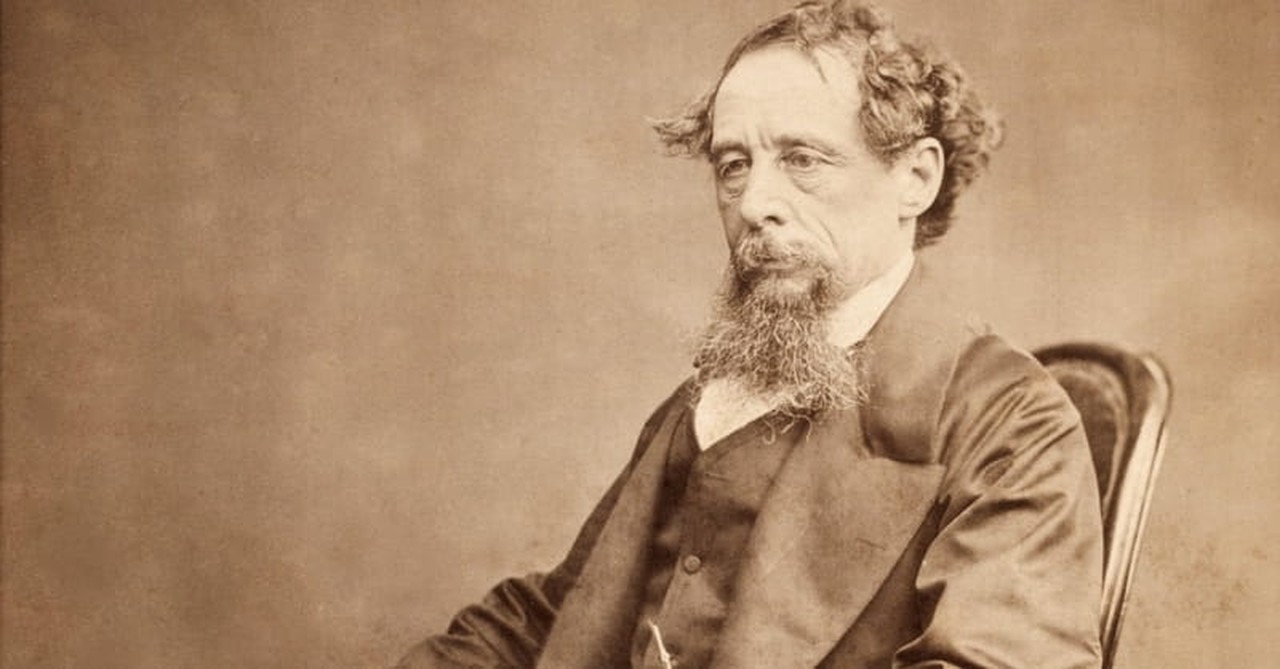
7. Charles Dickens
SLIDE 7 OF 10
Charles Dickens (1812-1870) is the author of the beloved holiday classic A Christmas Carol. He also wrote such noteworthy works as Great Expectations, David Copperfield, Bleak House, and Oliver Twist.
His stories often focus on the failings of English society at the time, especially when it came to caring for the poor and those in need.
In a letter he wrote to one of his critics, he stated, "'All my strongest illustrations are derived from the New Testament. All my social abuses are shown as departures from its Spirit. All my good people are humble, charitable, faithful, forgiving, over and over again. I claim them in expressed words as disciples of the Founder of our religion.'"
HEAR THE STORY THAT CAPTIVATED CHRISTIANS ACROSS THE GLOBE:
Photo courtesy: Wikimedia Commons
8. John Milton
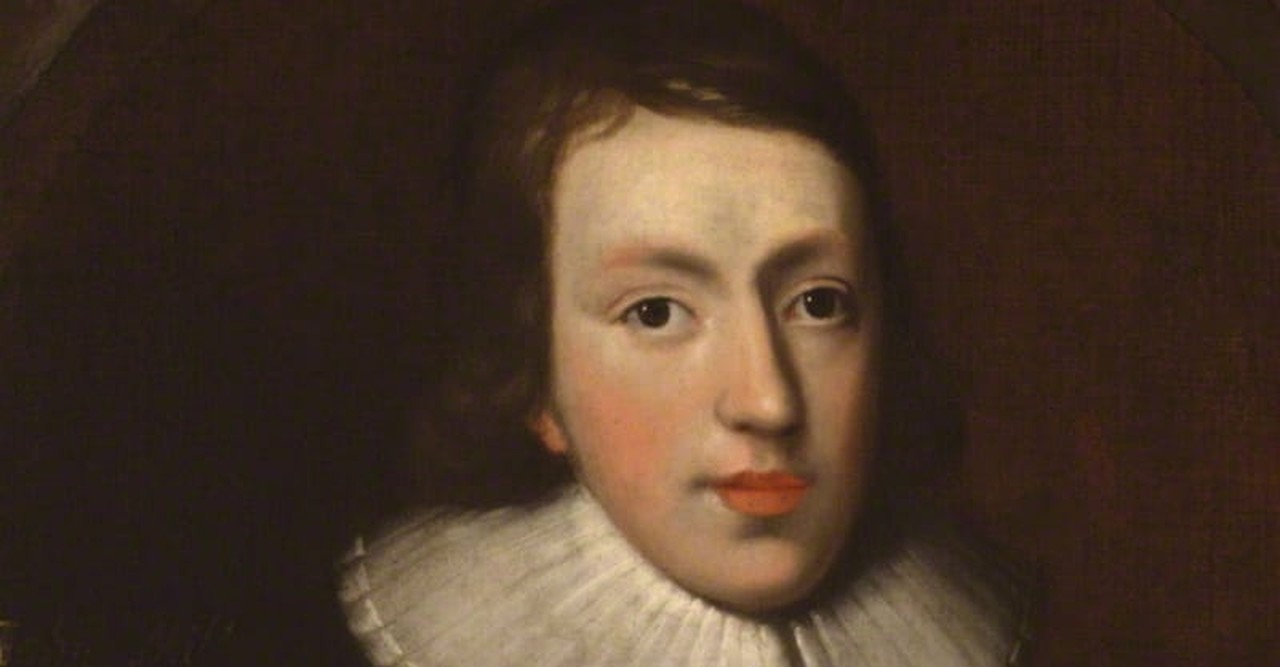
8. John Milton
SLIDE 8 OF 10
John Milton (1608-1674) is most known for his epic poem Paradise Lost, which dramatizes the story of the creation of the world, the fall of man, and the ensuing plight of Adam and Eve.
Milton had a deep understanding of the Bible and was able to recreate what is today considered a masterpiece of English literature.
He also spoke out against censorship and was in favor of free speech and freedom of the press--a case which he enumerated in his Areopagitica.
Photo courtesy: Wikimedia Commons
9. George MacDonald
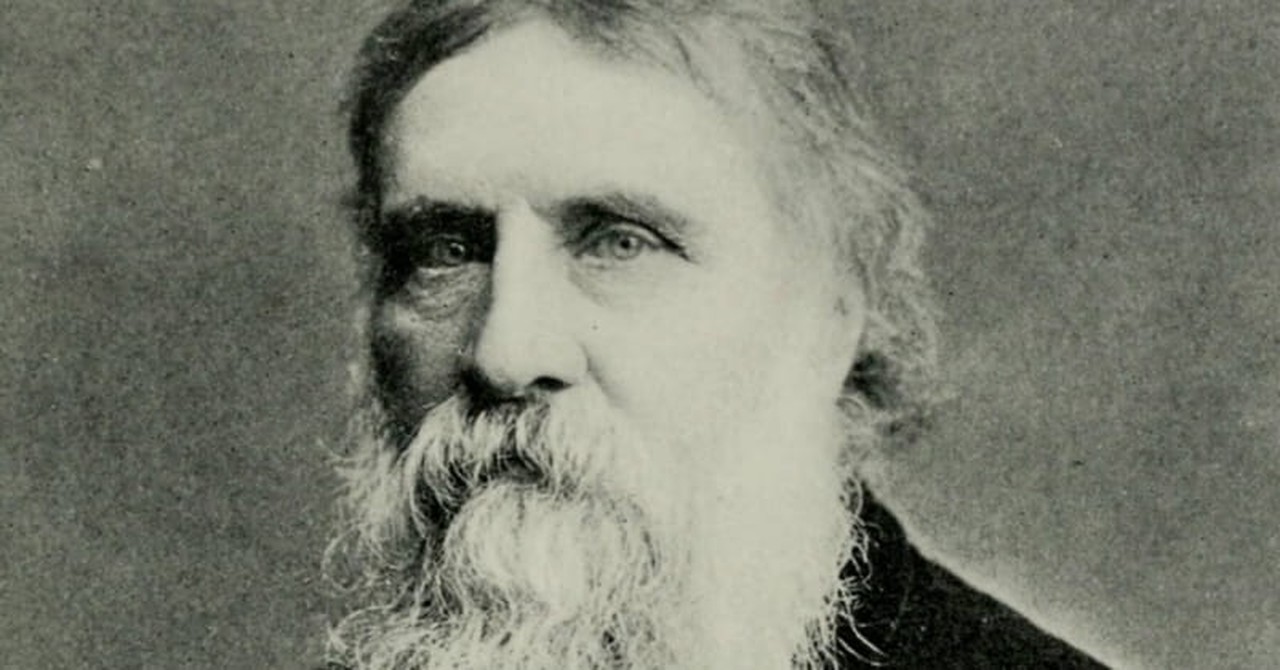
9. George MacDonald
SLIDE 9 OF 10
George MacDonald (1824-1905) was a Scottish author, poet and Christian minister. He wrote works that would later influence other well-known Christian authors C.S. Lewis and J.R.R. Tolkien.
MacDonald particularly wrote for children and was a pioneer of the fantasy genre. Although his stories are geared toward children, they often have profound lessons. His most famous work is probably Lilith, which deals with themes of life, death, and salvation.
Photo courtesy: Wikimedia Commons
10. Emily Dickinson
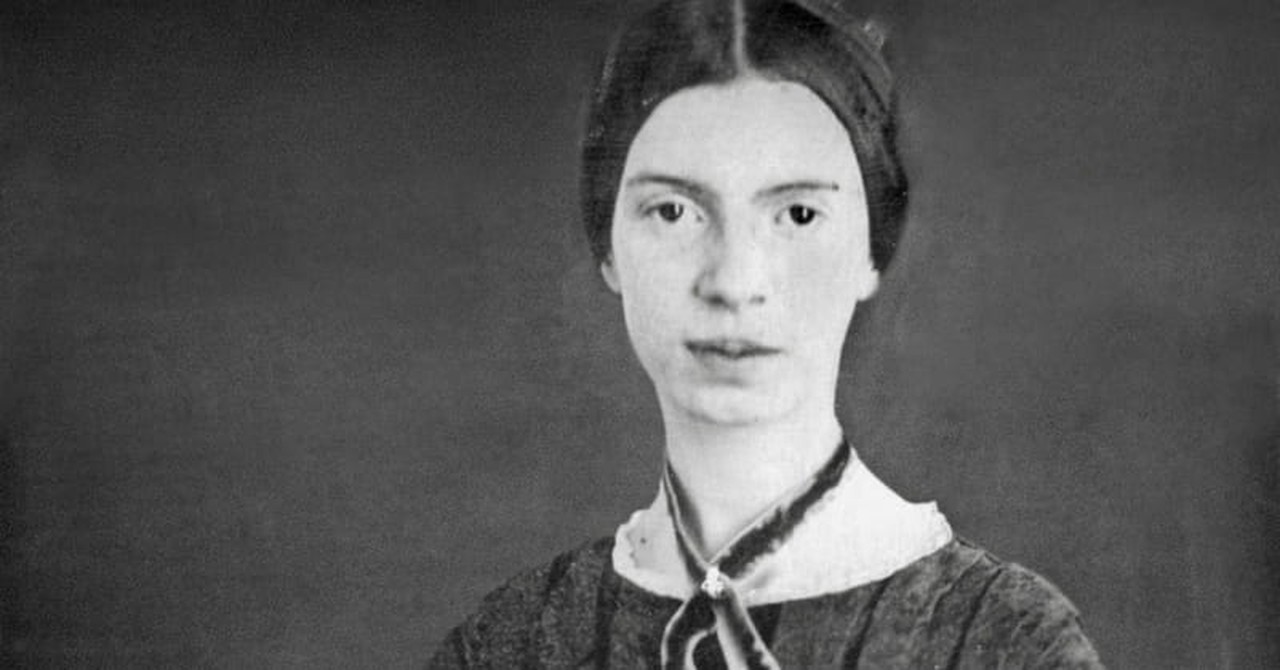
10. Emily Dickinson
SLIDE 10 OF 10
Emily Dickinson (1830-1886) was a prolific poet, but she was not much recognized during her lifetime. She was something of a recluse and it wasn't until after her death that her thousands of poems were discovered.
Her writings deal with universal themes of life, death, nature, truth and love. Although much about her life remains mysterious, her familiarity with the Bible and biblical themes are clear both in her writing and personal life.
According to Dickinson scholar Dorothy Huff Oberhaus, "Throughout her life, Dickinson wrote poems reflecting a preoccupation with the teachings of Jesus Christ and, indeed, many are addressed to him."
Photo courtesy: Wikimedia Commons
Originally published November 19, 2023.







